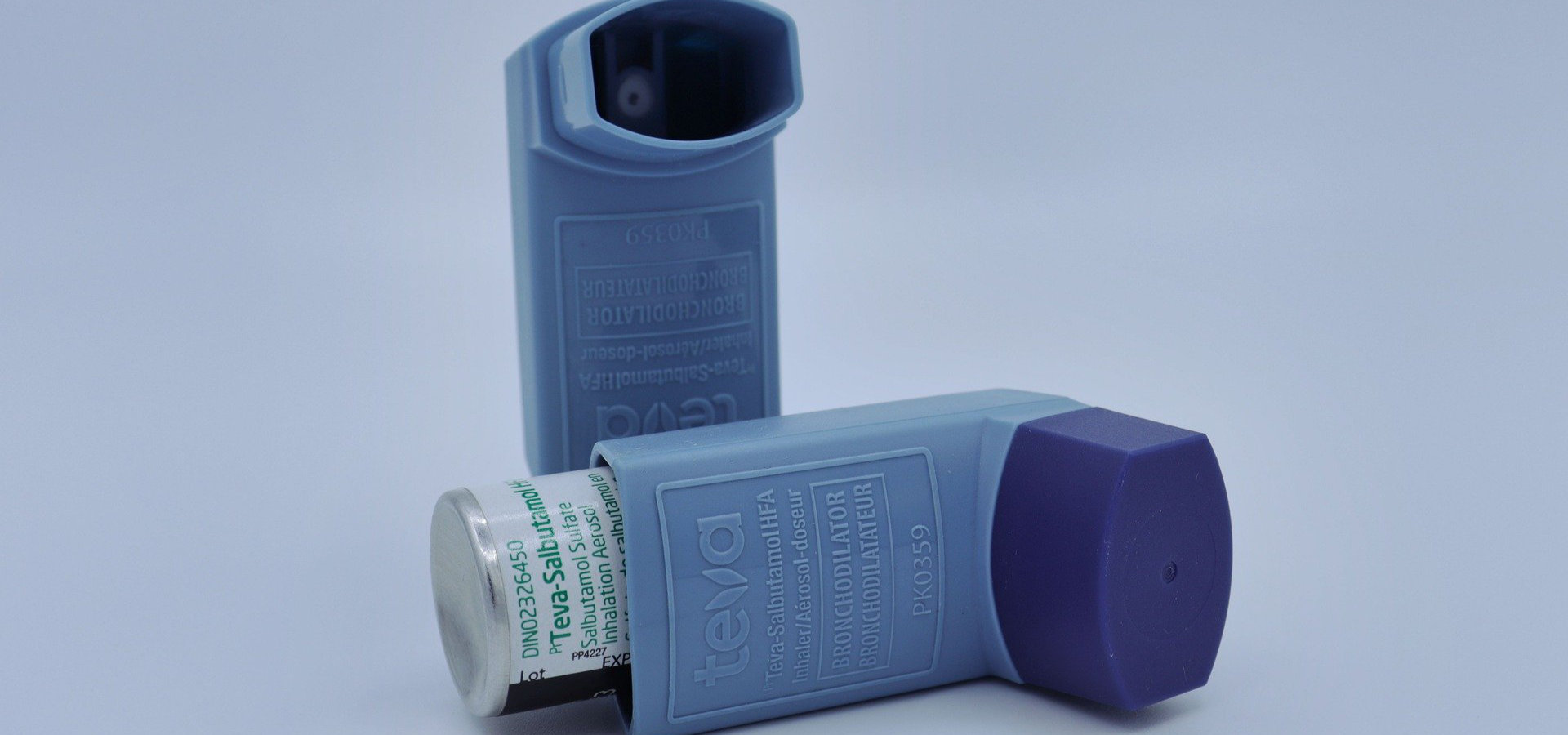An international study, with the participation of João Paulo Teixeira, a researcher at the Instituto de Saúde Pública da Universidade do Porto (ISPUP), confirmed the impact of exposure to airborne particles on the number of deaths.
The research, published in The New England Journal of Medicine, one of the world’s most prestigious medical journals, analyzed data from 652 cities from 24 countries, two of which are Portuguese cities.
Several studies have shown that air pollution has adverse consequences for human health. In this context, particles – a complex mixture of organic and inorganic substances suspended in air, in solid or liquid form, with different sizes and chemical and physical properties – pose a major public health risk as they are capable of overcoming airway defences.
The onset or aggravation of health problems resulting from exposure to particulate matter, particularly small particles, essentially depends on their concentration in ambient air and the time of human exposure to them. These substances may originate from and/or be the result of human activity, for example, emissions from car traffic and industrial installations.
No study had so far collected data from 652 cities (24 countries) to be able, by applying the same methodology, to estimate the short-term impact of PM10 particles (particles with an aerodynamic diameter of less than 10 µm) and PM2.5 (smaller particles with an aerodynamic diameter of less than 2.5 µm) on mortality, including the number of deaths from respiratory and cardiovascular diseases.
The research team, which is part of the international Multi-City Multi-Country (MCC) Collaborative Research Network, analyzed air pollution and mortality data from each of the included cities between 1986 and 2015.
Even a low concentration contributed to a higher risk of death
The study concluded that even exposure to a low concentration of PM10 and PM2.5 – over a short period of time, contributed to a higher risk of death.
“This work is extremely important because of the global scale and the implications of the results obtained that urge regional, national and international authorities to coordinate their efforts through the implementation of measures to reduce and control pollutants with known harmful effects”, stresses João Paulo Teixeira, co-author of the work.
The results reinforce and consolidate the relationship that other studies had already shown between air pollution and health.
The research is entitled “Ambient Particulate Air Pollution and Daily Mortality in 652 Cities”.
Image: Pixabay/skorchanov



